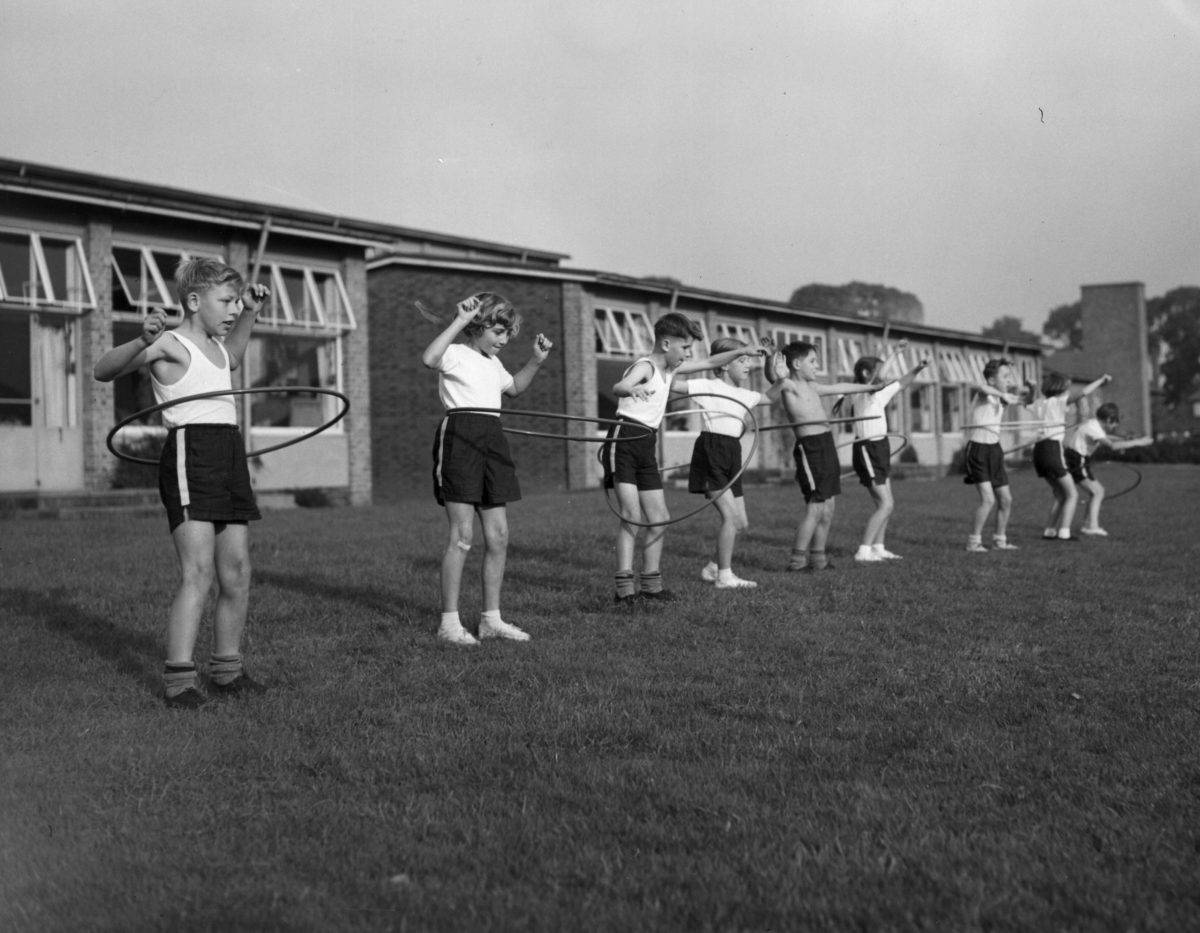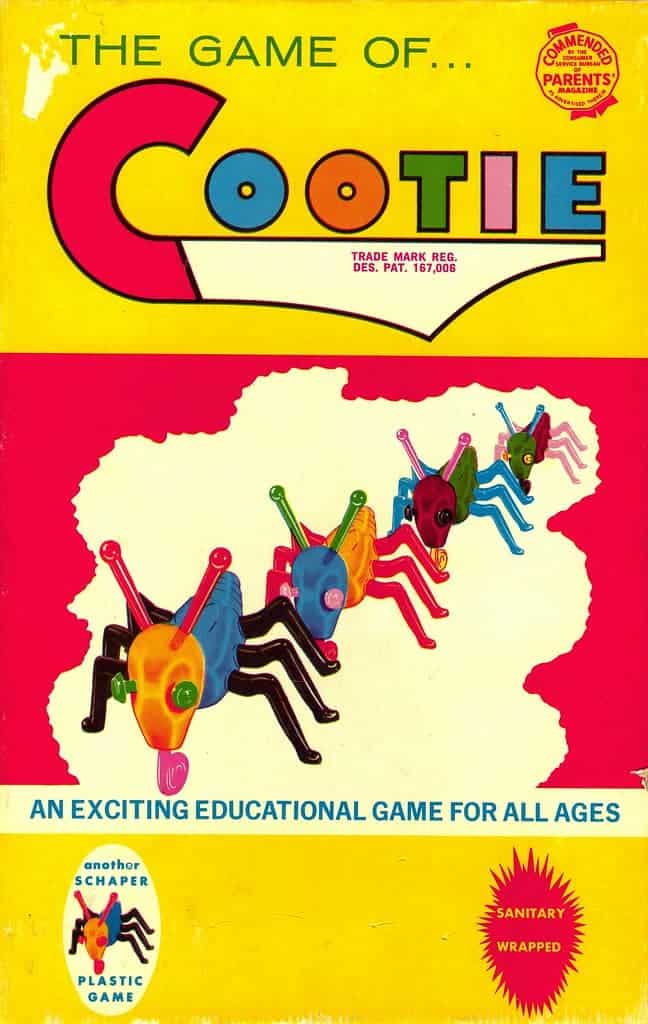Before the age of video games, iPads, touchscreens and VR headsets, playtime looked entirely different — and far less digital. During the Boomer generation’s childhood (born between 1946-1964), toys were simple yet sparked boundless creativity and imagination. Kids spent hours fully immersed in pure, unstructured play — a concept that often feels foreign to today’s tech-savvy generation. Take a nostalgic journey and explore these 14 classic toys that defined Boomer childhoods.
Slinky

- Invented in 1943 by Richard and Betty James
- Released in 1945
- Known for its ability to walk down stairs
Hula Hoop

©Fred Morley / Getty Images/ via Getty Images
- Marketed by Wham-O in 1958
- Patented in 1963
- Inspired by a wooden hoop children played with in Australia
Barbie Dolls

©"Barbie flight attendant" by mauren veras is licensed under BY 2.0. - Original / License
- Invented by Ruth Handler
- Released in 1959 by Mattel
- Mattel was founded by Handler and her husband, Elliot
Mr. Potato Head

©"mr potato head" by lucyfrench123 is licensed under BY 2.0. - Original / License
- Invented in 1949 by George Lerner
- Distributed in 1952 by Hasbro
- Claim to fame: the first toy ever advertised on TV
TONKA Trucks

©"Tonka Truck - Coolpix P520 test pic" by smjbk is licensed under BY 2.0. - Original / License
- Invented in 1947 by Mound Metalcraft Company in Mound, Minnesota
- Mound is located near Lake Minnetonka, hence the name “Tonka”
- TONKA uses 119,000 pounds of yellow paint each year
Play-Doh

©"Play-Doh (Flash)" by GIANTsqurl is licensed under BY 2.0. - Original / License
- Started as wallpaper cleaner
- Was first used as modeling clay in 1955
- Became known as Play-Doh in 1956
GI Joe

©"GI Joe 25th" by Lunchbox Photography is licensed under BY 2.0. - Original / License
- Introduced in 1964
- Called an “action soldier” or “action figure” instead of a doll
- Originally introduced as an Army soldier but a Navy sailor, Air Force pilot, Marine and NASA astronaut were later added
View-Master

©"View Master - Model G Red" by L'Ospite Inatteso is licensed under BY-SA 4.0. - Original / License
- Originally called Sawyer’s View-Master
- Introduced at the World’s Fair in 1939-40
- First intended to be an adult education tool
Easy-Bake Oven

©"Premier model Easy Bake oven" by Bradross63 is licensed under BY-SA 4.0. - Original / License
- Invented by Ronald Howes and introduced in 1963 by Kenner
- Heat source was two 100-watt incandescent bulbs
- Could bake actual edible food
Etch A Sketch

©"Etch-A-Sketch engine drawing" by Elsie esq. is licensed under BY 2.0. - Original / License
- Introduced at the 1959 International Toy Fair
- First called L’ecran Magique, or The Magic Screen
- Aluminum powder and tiny beads are held to the screen via static charges
Chatty Cathy

- Released in 1960
- Pull-string on her back made Cathy “talk”
- Started with 11 phrases, including “I love you”
- Second most popular doll in the 1960s after Barbie
Hot Wheels

©"Hot Wheels Car Collector's Case" by frotzed2 is licensed under BY-SA 2.0. - Original / License
- Debuted in 1968 at the International Toy Fair
- Inspired by California hot rods
- Original batch included 16 cars, called “The Sweet 16”
Cootie

©"Cootie" by Wandering Magpie is licensed under BY 2.0. - Original / License
- Invented in 1948 by William H. Schaper of Minnesota
- Was an educational game designed for ages 3-11
- Still a popular game for families
